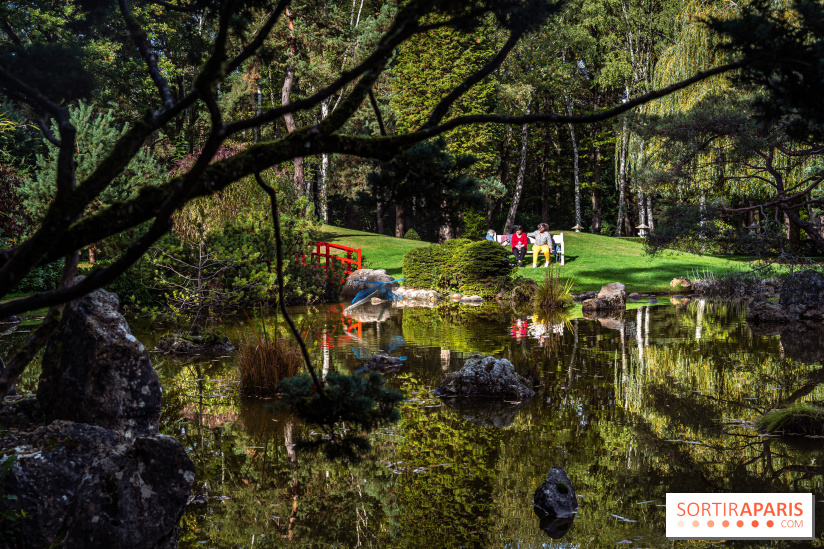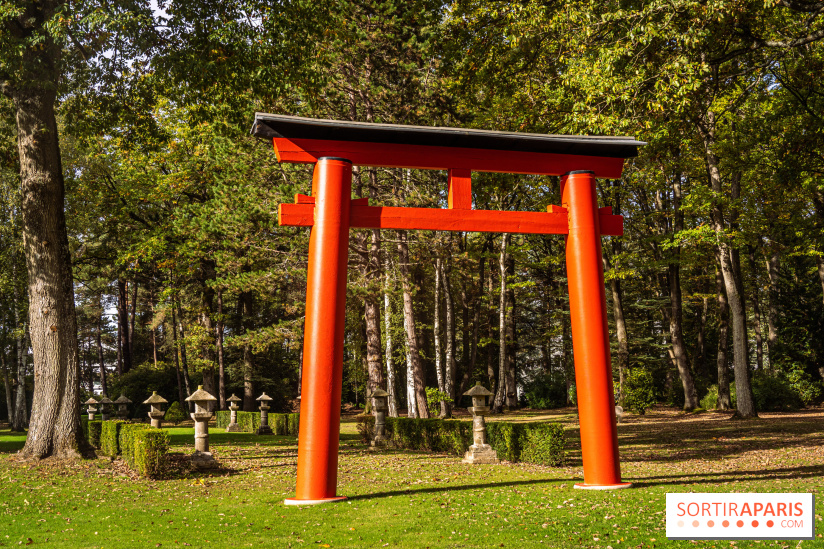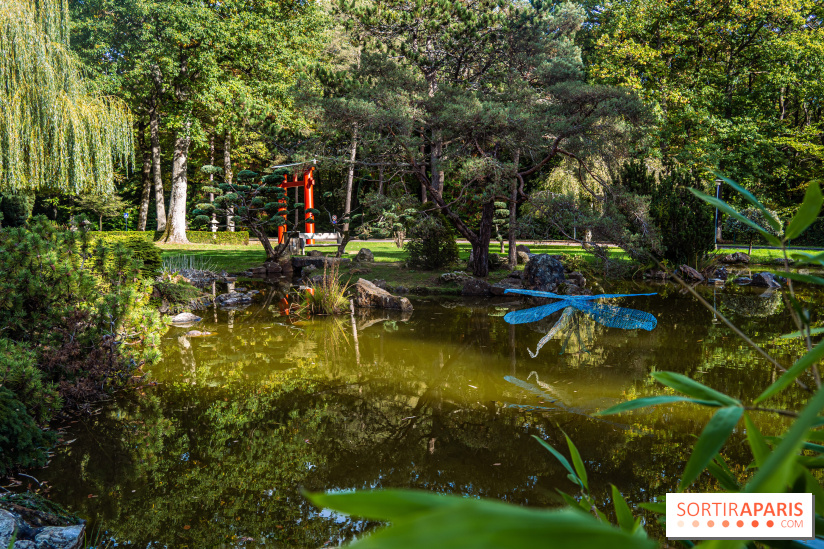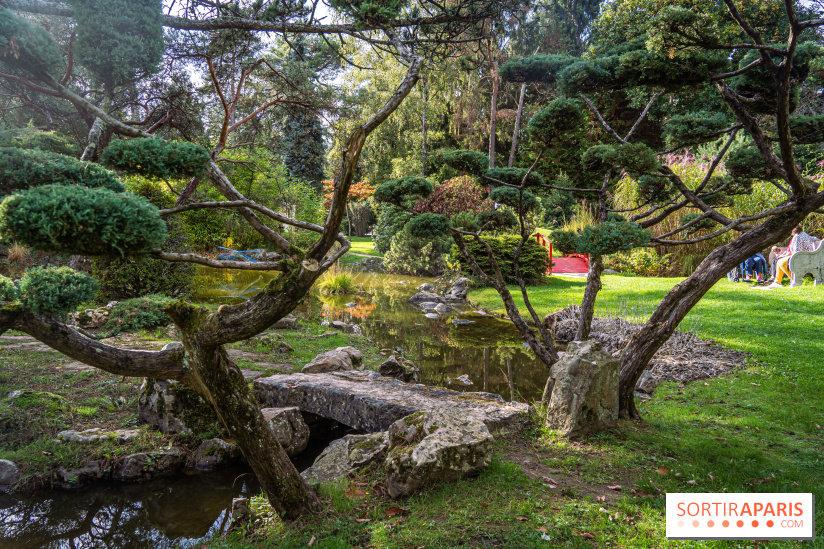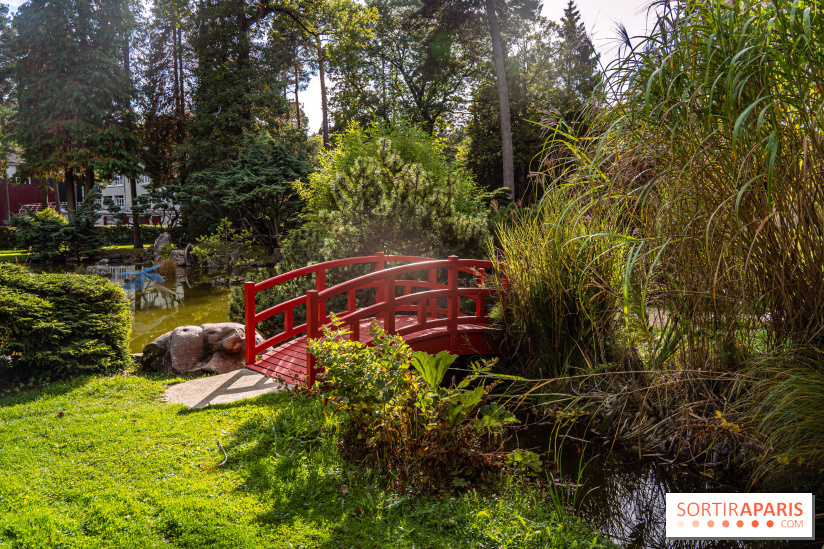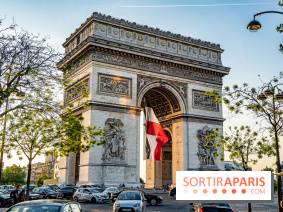In the family of Japanese gardens in the Ile-de-France region, we call the garden ofAincourt located in 95. Take advantage of a stroll in the Val d'Oise, in the footsteps of Monet at Vétheuil or Giverny, or a discovery tour of La Roche-Guyon to stop off at this little-known garden in the Paris region.
So, you may be wondering why there's a Japanese garden in the middle of nowhere in the 95? In 1970, Doctor Hamon, who was at the time director of the Centre Hospitalier du Vexin, was a great fan of Japan and the principle of Japanese gardens. So he had this garden laid out in the Parc de la Bucaille, between the Cedar Pavilion and the site's technical buildings, for the well-being of patients.
This lovely garden, created by the hospital's gardeners and maintenance workers, has been enriched by generations of caretaking. It was designed to represent famous Japanese landscapes: the Nijô castle for the stone arrangements, the Sambô-in garden for the waterfall, the island and the bridge...
It also features a torii or tori-i, the famous traditional Japanese gate whose function is to separate the sacred enclosure from the profane environment. This gate marks the entrance to the pure zones surrounding the venerated sites, as in Nara. Behind this arch, a large alley is revealed in perspective, with stone lanterns on either side. These are pedestal-mounted tachidoro. They are traditionally used in gardens and along the aisles of shrines and temples.
In Japan, toros (lanterns) were originally placed in Buddhist temples, where they framed and illuminated the aisles, and were considered an offering to Buddha. Today, they are widely used in temples, parks and gardens.
This garden is inspired by a 12th-century Japanese manuscript, the Sakutei-ki. A dry river, a red bridge over a stream, a waterfall, a pond and a lantern-lined path, all surrounded by pines, rhododendrons and perennials, form the decor.
We love the cloud-trimmed pines, the water feature that reveals an ornamental blue dragonfly and, of course, the famous red bridge. Did you know that red was a sacred color in Japan? It symbolizes the passage between the realm of men and that of the gods.
This is the ideal peaceful setting for a trip to the land of the rising sun while staying in the Paris region.
Dates and Opening Time
Starts October 24, 2022
Location
The Japanese garden at Aincourt
1 Allée des Pins
95510 Aincourt
Prices
Free
Recommended age
For all
Official website
aincourt.fr
